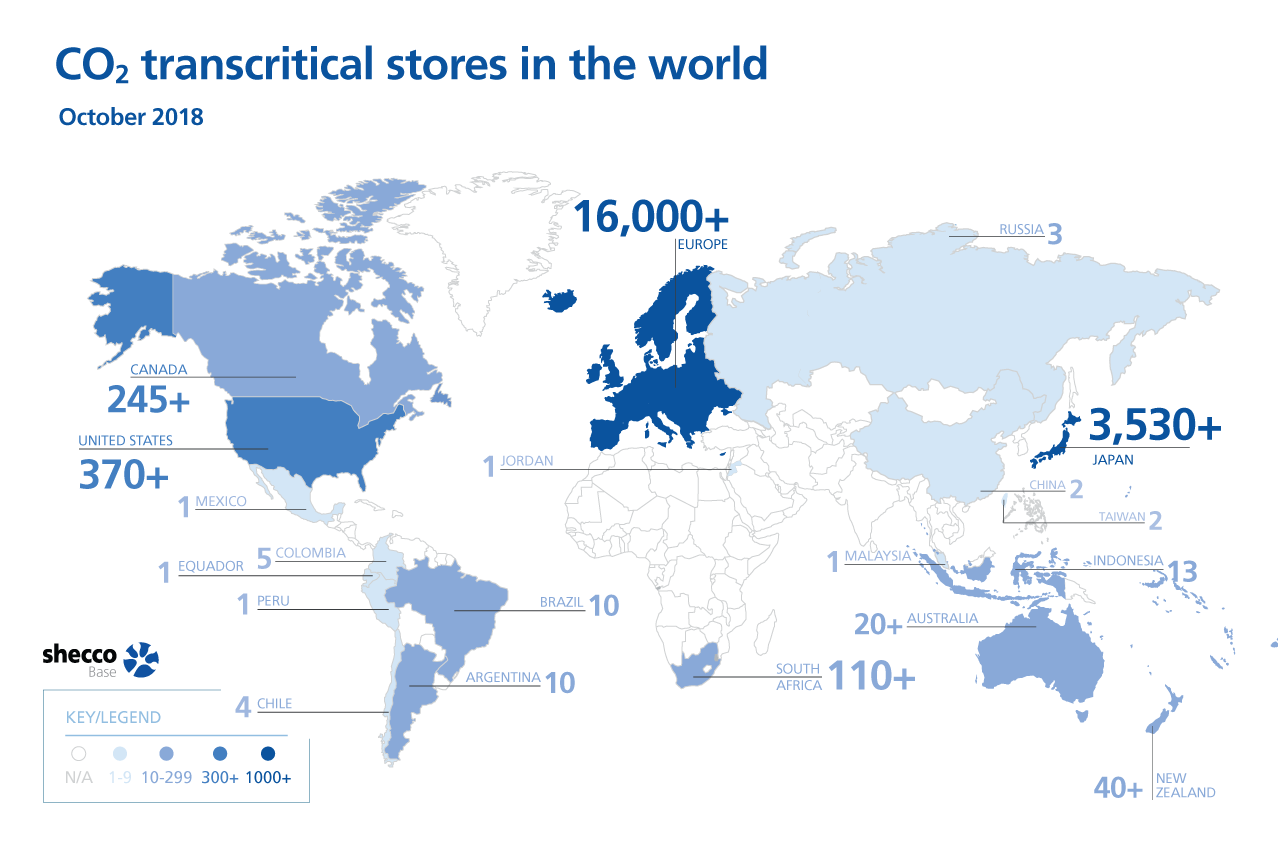Transcrital CO2 refrigeration systems are here and we can’t wait to play our part!
While on a recent “work trip” to Europe my mind was set alight with the brilliant acceptance of change and the boom of transcritical refrigeration. The European Union has played its hand straight-up in combating the effects of global warming. Wind and solar farms distort the landscape and the endeavor to remove F-gases is ongoing and systematic. There is a distinct aura of responsibility and willingness in Europe to find a better, greener way.
Our short trip involved a visit to Chillventa the expo for energy efficiency, heat pumps and refrigeration, where we witnessed first-hand a drive to create sustainable solutions for the future. Every second stand involved natural refrigerants, CO2 transcritical racks, propane systems and one guy was even trying to sell systems that contained good old H2O (water) as a refrigerant.
Several factory visits later and our initial perceptions were confirmed, innovation and belief. And the most amazing thing was, people weren’t scared of transcritical CO2 systems. The demand for the natural solution is huge, manufacturers can’t keep up.
Continued after image: sheccoBase (2018), ongoing research for World Guide to CO2 Transcritical Refrigeration, to be published in 2019 (more information at info@sheccobase.com)

